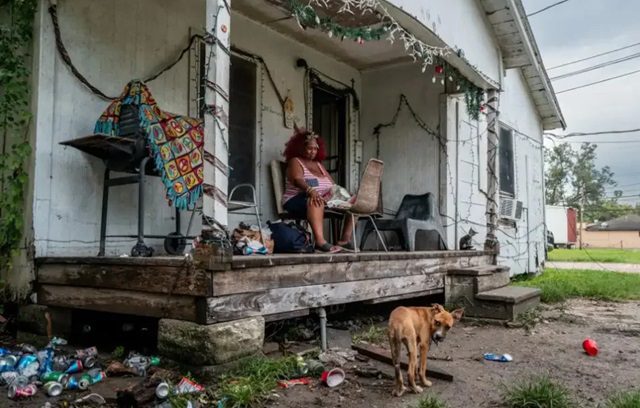BTN News: Countries most at risk from climate change are urgently calling for the activation of the “loss and damage” fund, established at COP28 in November 2023, but still not operational. This fund aims to assist poor nations in coping with the severe impacts of climate change.
The plea was made at the end of the second meeting to implement the fund, held on July 12. Established during the COP28 in Dubai after years of tough negotiations, the fund is intended to address the damage caused by climate-related disasters such as floods and hurricanes, which are becoming more frequent due to fossil fuel-driven global warming.
Immediate Need for Funds
Adao Soares Barbosa, a representative from East Timor, highlighted the urgency, stating, “We cannot wait until the end of 2025 for the first funds to be released.” His statement underscores the pressing need for immediate financial support as vulnerable countries face escalating climate disasters.
Since its adoption, negotiations between developed and developing nations have been fraught with complexities and delays, impeding the finalization of the fund’s structure. The slow progress contrasts sharply with the rapid increase in climate-related catastrophes.
Insufficient Funding Commitments
Currently, the fund has received pledges amounting to only $661 million from wealthy nations like Germany, France, the United Arab Emirates, and Denmark. This is a mere fraction of what is needed to cover the costs of major disasters. Camilla More from the International Institute for Environment and Development pointed out, “This amount is insufficient for even a single major catastrophe.” Recently, South Korea announced an additional $7 million donation, but this too falls short of the required funds.
Despite steps towards establishing the fund, Harjeet Singh from the Fossil Fuel Non-Proliferation Treaty Initiative noted that developed countries, historically the largest greenhouse gas emitters, have yet to commit the necessary billions to address the crisis adequately. The urgency of this need was highlighted by Hurricane Beryl, which recently devastated the Caribbean islands, exacerbated by record Atlantic Ocean temperatures.
A Call for Immediate Action
Singh emphasized the dire consequences of inaction, stating, “We cannot keep talking while people live and die in a crisis they did not cause.” He called for a fund that reflects the urgency and scale of the required response. Richard Sherman, co-chair of the fund’s board from South Africa, acknowledged the immense pressure to deliver, given the massive destruction witnessed in recent weeks.
Financial Needs and Future Outlook
An internal document revealed that fund members aim to approve payments by mid-2025. However, developing countries estimate they need over $400 billion annually to rebuild after climate disasters. Global costs are projected to range between $290 billion and $580 billion annually by 2030, and possibly more in the future. For instance, the unprecedented floods in Pakistan in 2022 caused over $30 billion in damages, according to a UN-commissioned assessment.
Technical Discussions and Fund Distribution
Ongoing technical discussions will determine the fund’s beneficiaries, the distribution method, and whether the aid will be in loans or grants. Over 350 organizations recently urged the fund’s members to allocate a significant portion as small grants directly to local communities, including indigenous groups, bypassing state intermediaries.
The World Bank will temporarily host the fund, despite opposition from Southern countries, who at least secured the fund’s board to be based in the Philippines. The continued dialogue aims to ensure that the fund effectively meets the urgent needs of those most affected by climate change.


